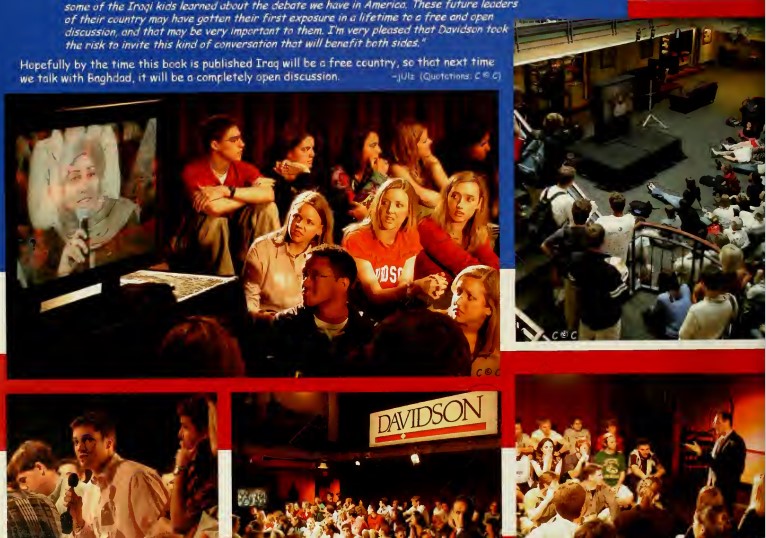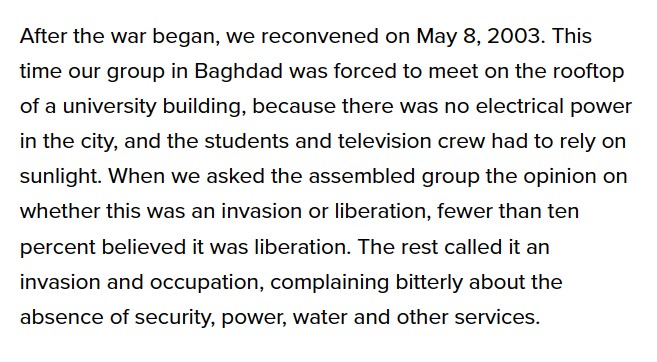In a new book written by Bulgarian investigative journalist Anna Zarkova, Assen Yordanov, founder of the website Bivol, describes how #JulianAssange selected him to work on the WikiLeaks documents about Bulgaria, Serbia and (North) Macedonia. 

While Yordanov humourously refers to the important role that a bottle of rakia played, he is adamant:
"Assange won't let you access the WikiLeaks database without first checking to make sure that you are a serious investigative journalist. He had studied my investigations..."
"Assange won't let you access the WikiLeaks database without first checking to make sure that you are a serious investigative journalist. He had studied my investigations..."
Yordanov says that Assange was "the first person to lift the curtain on how decisions are made about the fates of entire nations and states."
Also: "Assange's files were very influential in Bulgaria. They revealed what [former PM] Boyko Borissov is about."
Also: "Assange's files were very influential in Bulgaria. They revealed what [former PM] Boyko Borissov is about."
About the courage of Julian Assange:
"They destroyed him and he is aware of that. When I visited him, he told me, 'I know that I'm sacrificing my life, that I don't have a future. But I do what I believe in; that is my choice.'"
"They destroyed him and he is aware of that. When I visited him, he told me, 'I know that I'm sacrificing my life, that I don't have a future. But I do what I believe in; that is my choice.'"
Yordanov himself has also been smeared, subjected to lawsuits, betrayed by colleagues and even by his 1st wife, an actress forced by the authorities to change her Turkish name - she turned out to be an informer for State Security pre-1989. He survived two assassination attempts.
He says that recruiting sources is key to his methods. He even admits to blackmailing them with secret recordings of how they approached him the first time they wanted to get some info out. I say this because much is made in the Assange indictment of how he 'encouraged' Manning.
The author of the book, Anna Zarkova, had acid thrown on her face in the 90s. I remember this event from my childhood. She, too, tells Assange's story with sympathy and admiration. But I was sad to learn of the untimely death of another harassed journalist, Maria Nikolaeva.
Nikolaeva is from Burgas like Yordanov and had worked with him. I knew of her from a single long investigation that touched on a personal interest of mine. I'd wondered whether I should contact her with tips, but by then she had been driven out of the big - or all - newspapers... 

• • •
Missing some Tweet in this thread? You can try to
force a refresh










